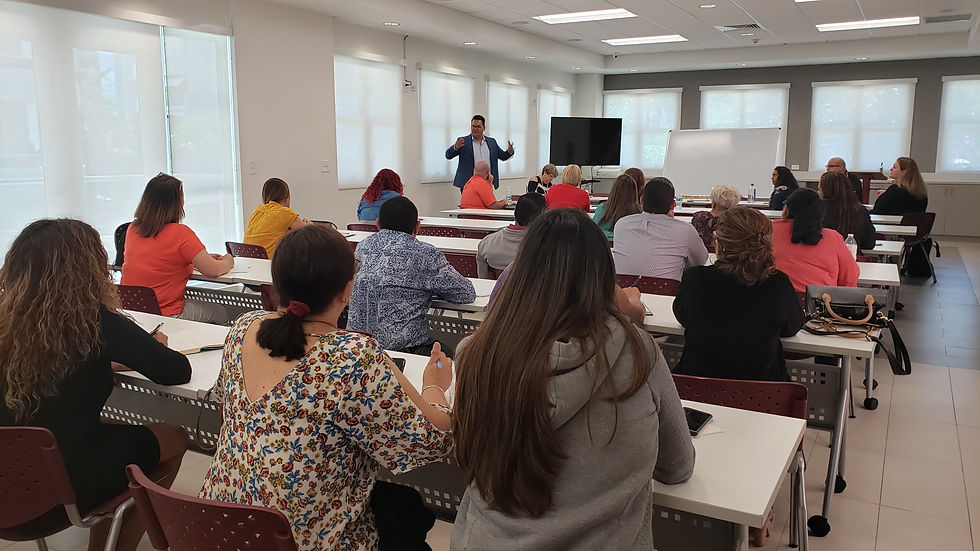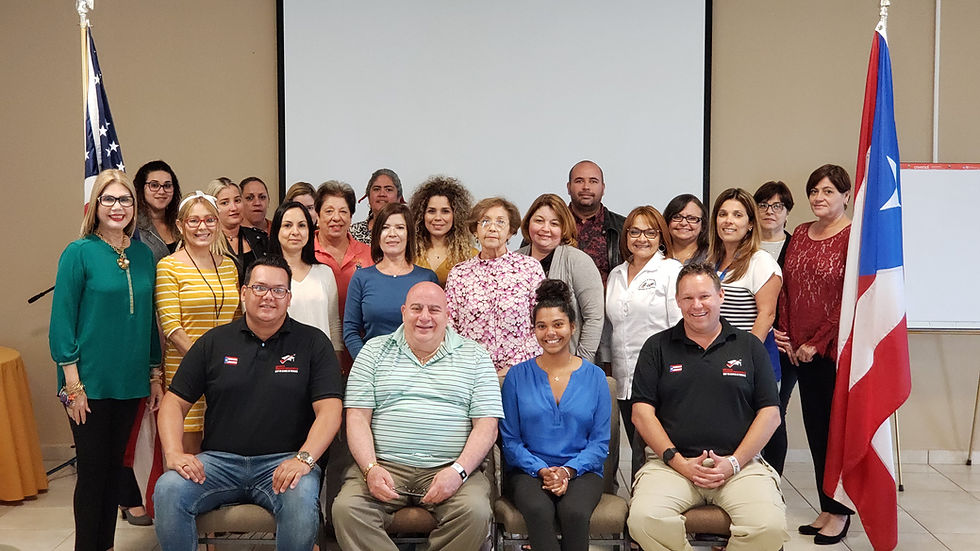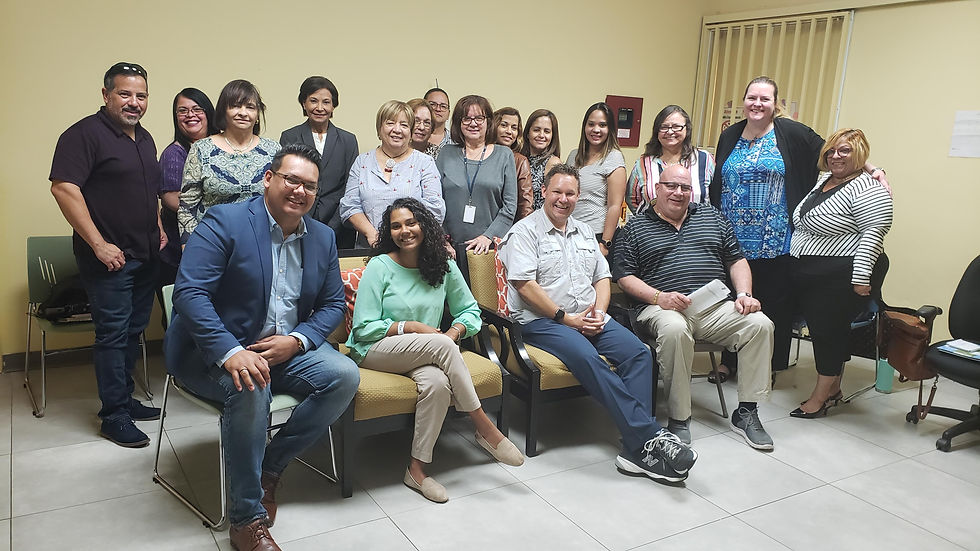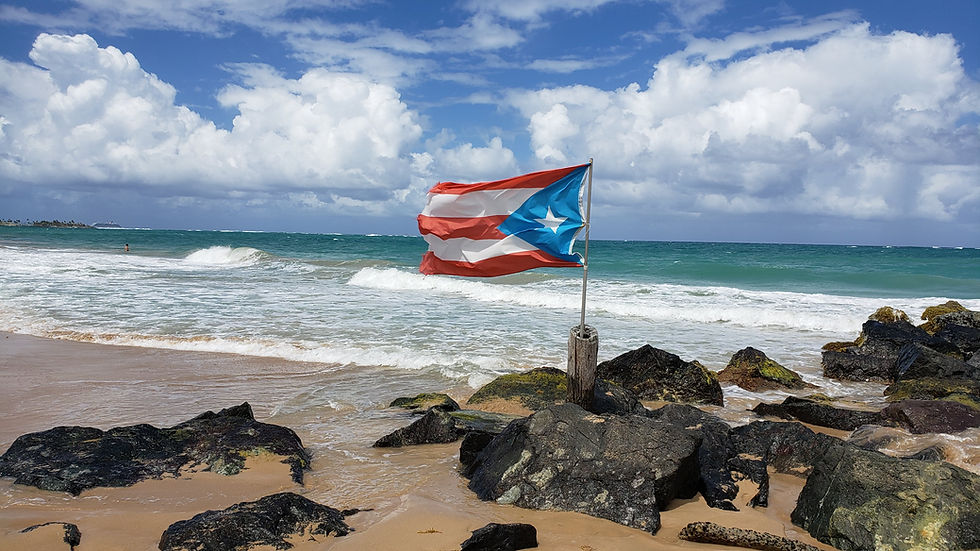Disaster Recovery Challenges of Early Childhood in Puerto Rico
- region2headstart
- Jun 13, 2019
- 3 min read
Hurricane Maria wreaked havoc on Puerto Rico and the U.S. Virgin Islands in September 2017. The storm was a category 5, and it killed over 3,000 people and destroyed homes, communities, and businesses. Almost two years later, these islands are still recovering from the devastation of Hurricane Maria.
On May 30, 2019, the Region II Head Start Association released, “Preliminary Findings: Meetings With Early Childhood Professionals in Puerto Rico Regarding Disaster Recovery From Hurricane Maria”. This 11-page white paper describes the challenges faced, and in many cases still faced, by child care providers as they attempt to recover from this horrific disaster.

“Although far removed from the headlines, the daily work of restoring Puerto Rico to pre-hurricane conditions continues. Up against herculean challenges, these early childhood professionals have been unrelenting in their efforts to ensure that children have nurturing, healthy and safe places to go. For many child care and Head Start programs represent the only opportunity for these children to receive a healthy meal.” Said Iran Rodriguez, Puerto Rican native and President of the Region II Head Start Association.

The white paper was informed by a series of 4 regional meetings across Puerto Rico, which occurred April 5-8, 2019. This is the first known effort to attempt to tell the story of those entrusted to protect the health and well-being of children as they recover from disaster.
Preliminary findings show that 85% of early childhood providers reported damage to their childcare programs. These programs were also closed for an average of 6 weeks.

Several barriers prevented childcare programs from re-opening including a lack of electricity, water, and food, as well as mudslides, mold, and debris. Almost two years later, early childhood professionals and children are still experiencing the negative impacts of Hurricane Maria.
In speaking about the need to ensure child care programs are open and safe, Andrew Roszak, Chief of Preparedness, Health and Environment for the Region II Head Start Association stated, “Ensuring child care programs are open is a major priority for communities. Simply put, if parents are unable to access child care, then parents are not able to go to work and recovery is unable to move forward. This is true each day for the roughly 12 million children under five years of age that are in child care nationally, but even more important in areas impacted by disasters.”
The Region II Head Start Association has been working on recovery efforts in Puerto Rico and the US Virgin Islands since the onset of the hurricanes. They have distributed over $7 million worth of relief products and donations, largely using early childhood facilities as community distribution sites.

In fall of 2018, Region II Head Start began a new project in collaboration with the National Environmental Health Association. With disaster recovery funding from the Agency for Toxic Substances and Disease Registry, they are working on an initiative called Choose Safe Places.
The Choose Safe Places (CSP) project helps to inform and educate decision-makers about the proper siting and location of early care and education programs. The project is also focused on creating tools and resources that can be used in a post-disaster environment to minimize the potential for exposure to toxic and dangerous chemicals and other environmental contaminants.
White Paper: Preliminary Findings: Meetings with Early Childhood Professionals in Puerto Rico Regarding Disaster Recovery from Hurricane Maria is Available to Download: www.region2headstart.org/post/puerto-rico-disaster-recovery





Comments